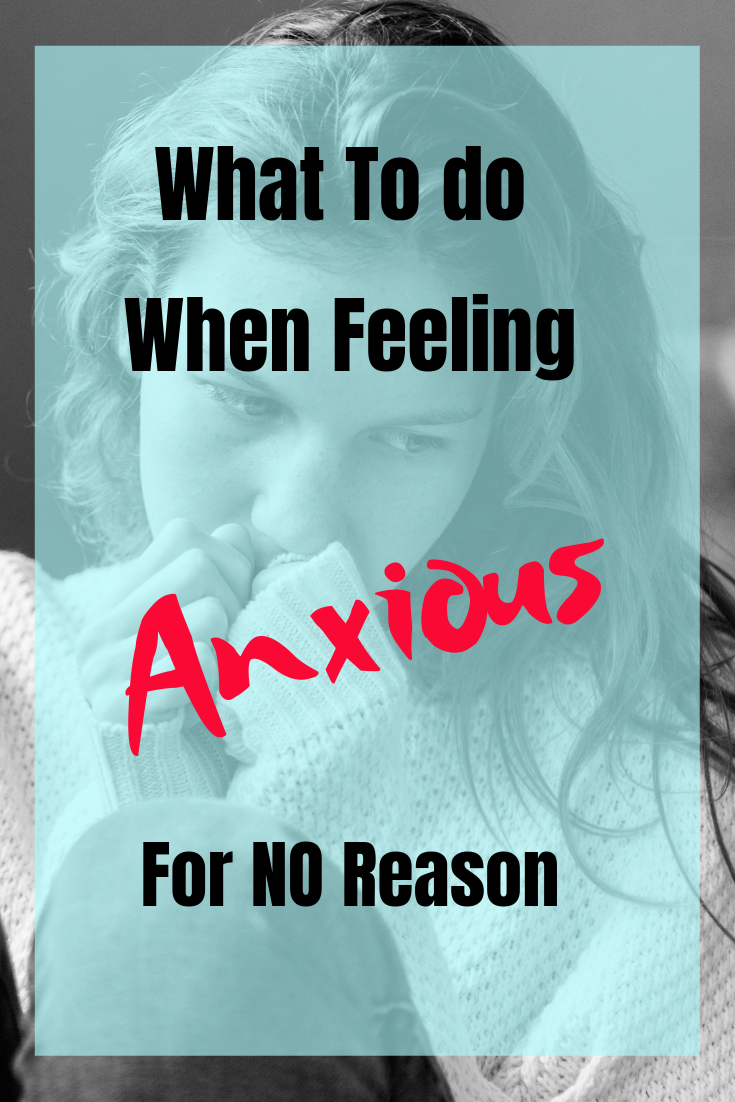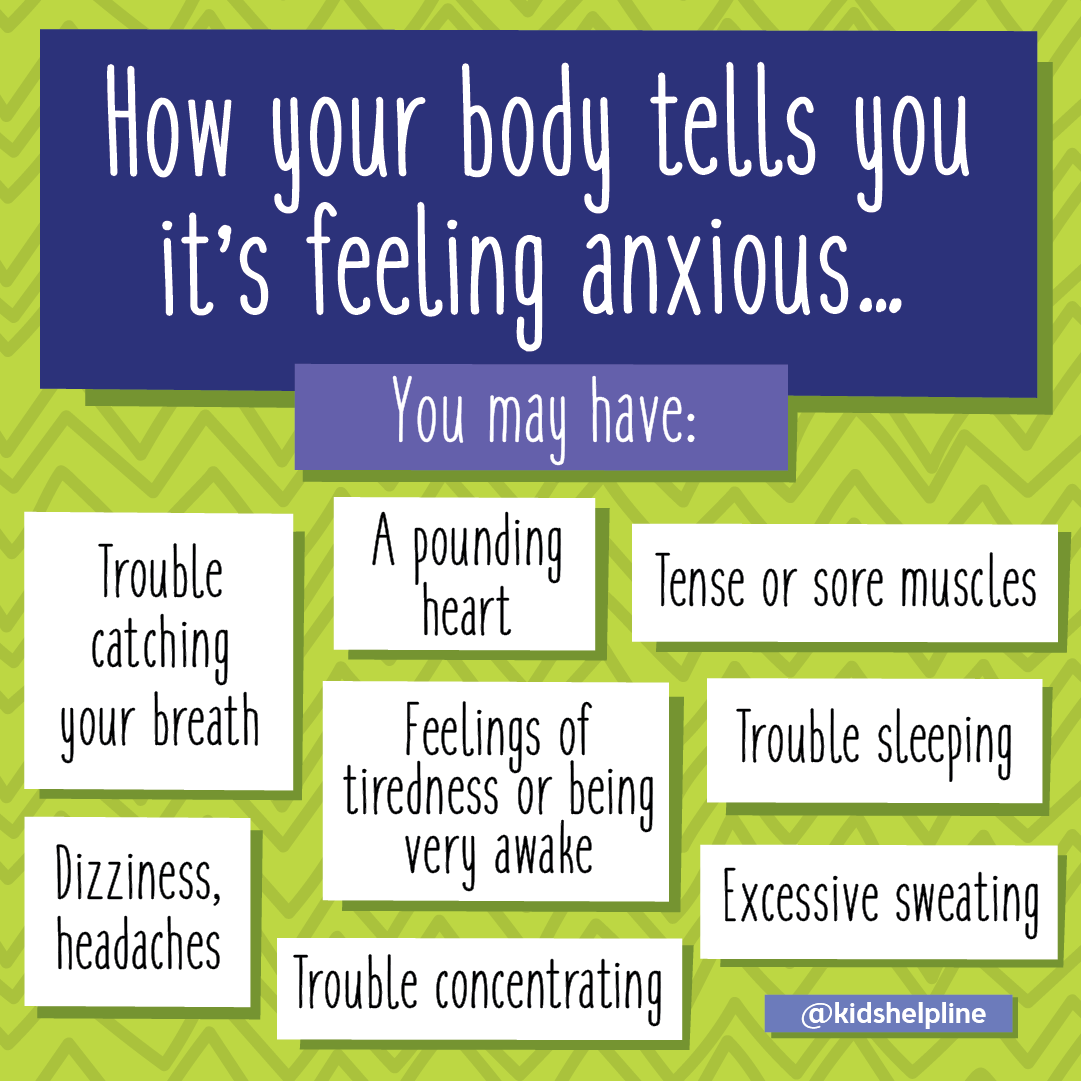
Social ChangesĪnother key indicator of student anxiety are the social changes that occur. For example, a student might purposely get kicked out of class before a quiz if they have test anxiety.Įmotional changes can also include constant worrying, having overwhelming and irrational fears regarding everyday activities, consistent nervousness and prevalent low self-esteem. The student may also feel restless and may act out in unexpected ways to avoid a situation they perceive as threatening. They may find themselves getting easily irritated by small things that wouldn’t normally bother them and can find it very difficult to concentrate. When a student is experiencing anxiety, it is common for them to constantly feel on edge and uneasy.

If teachers are prepared and can identify signs that a student may have anxiety then they are able to create a safe environment for the student to seek help and necessary resources. Often, anxiety in students goes unnoticed and their unpredictable behavior, such as missing class, might be assumed to be lazy or irresponsible.
#FEELING ANXIOUS FOR NO REASON HOW TO#
The most effective way to help students who are dealing with anxiety is to know how to address it. Since student anxiety usually stems from one of the major disorders, it is important for teachers and schools to have a strong understanding of anxiety and how it works in order to provide effective support and resources for struggling students. These include generalized anxiety disorder, panic disorder, obsessive compulsive disorder, phobia, post-traumatic stress disorder and social anxiety disorder. There are six major types of anxiety disorders. These three branches of student anxiety can be caused by any number of factors and are usually a sign of a deeper anxiety disorder. Usually student anxiety observed in children and teens from kindergarten to 12th grade manifests in three different forms: school refusal, test anxiety and social anxiety. This means one out of every four teenagers is struggling with anxiety that is negatively impacting their daily life. The National Institute of Mental Health reports that approximately 25% of teens between 13 and 18 years old have an anxiety disorder and slightly less than 6% have a severe anxiety disorder. However, students who experience anxiety at school could potentially have a more serious anxiety disorder that requires treatment.Īnxiety becomes an issue when it begins holding the student back from opportunities, such as participating in extracurricular activities or social engagements. Feeling anxious is a fairly normal reaction when experiencing exciting, stressful or new situations.

A longitudinal examination of the bidirectional association between sleep problems and social ties at university: The mediating role of emotion regulation. This is how your relationships are affecting your sleep. Daily life stress and the cortisol awakening response: Testing the anticipation hypothesis. Couples' nighttime sleep efficiency and concordance: Evidence for bidirectional associations with daytime relationship functioning. You can learn more about how we ensure our content is accurate and current by reading our editorial policy. We link primary sources - including studies, scientific references, and statistics - within each article and also list them in the resources section at the bottom of our articles.

Medical News Today has strict sourcing guidelines and draws only from peer-reviewed studies, academic research institutions, and medical journals and associations. Possible triggers for morning anxiety include the following: People with a history or family history of anxiety may be more at risk than others, but it is possible for anyone to develop anxiety. In most cases, several ongoing circumstances lead to a person developing a form of anxiety. GAD and other anxiety disorders can develop over time. GAD may cause a person to wake up due to anxiety or have difficulty falling or staying asleep. Generalized anxiety disorder (GAD) is a condition that causes uncontrollable and excessive worrying that affects a person’s everyday life. Although it is common to wake up feeling anxious from time to time, if a person experiences it frequently, they may have generalized anxiety disorder. There are many possible causes of a person waking up with anxiety, including stress from work, school, or relationships issues.


 0 kommentar(er)
0 kommentar(er)
